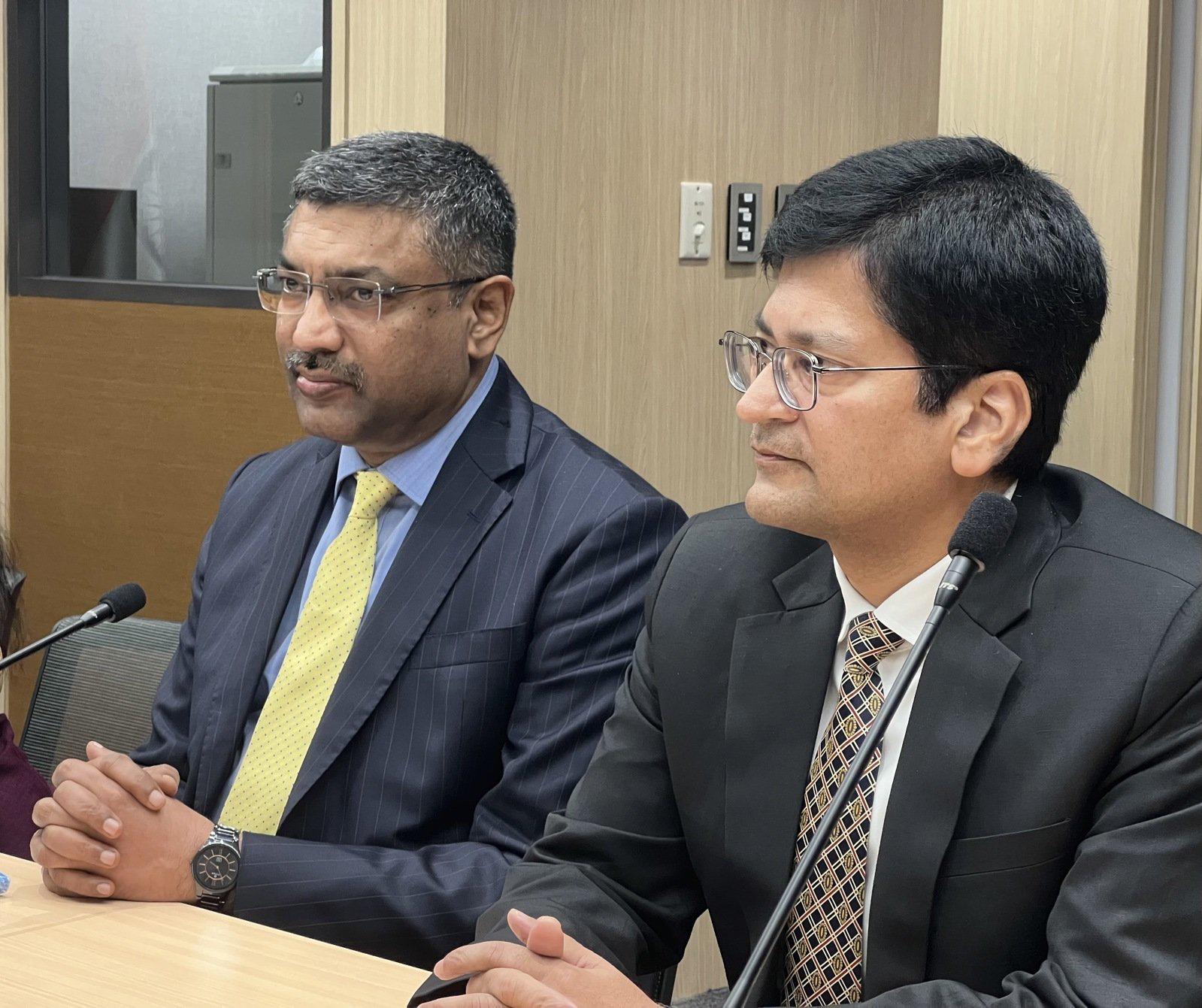 Image Source: X
Image Source: X
S. Krishnan, Secretary at India’s Ministry of Electronics and Information Technology (MeitY), recently lauded Taiwan’s highly advanced semiconductor ecosystem during his visit to the island nation to attend Semicon Taiwan 2025 and promote bilateral cooperation in semiconductor design and manufacturing. His remarks highlight Taiwan’s exemplary integration of industry, academia, and technology as India accelerates efforts to build a domestic chip manufacturing powerhouse.
Key Highlights: Taiwan’s Semiconductor Strength and Indian Aspirations
Krishnan expressed deep admiration for Taiwan’s rich electronics and semiconductor ecosystem, emphasizing how integral it is for sustaining global technology supply chains.
He pointed out the close collaboration between Taiwan’s academic institutions such as National Yang Ming Chiao Tung University and National Tsing Hua University with semiconductor industry hubs like Hsinchu Science Park.
According to Krishnan, India must seek similar alignment between its top academic institutes and semiconductor initiatives to foster innovation and talent development.
The India Semiconductor Mission (ISM) CEO Ameetesh Kumar Sinha acknowledged Taiwan’s strong investment in research and development as a key enabler keeping it globally competitive.
Building India’s Semiconductor Ecosystem: Lessons and Goals
India aims to grow its electronics manufacturing sector to US$500 billion by 2030 through strategic partnerships, innovation incentives, and infrastructure development.
The India Semiconductor Mission, launched in 2021, focuses on creating a comprehensive and sustainable ecosystem encompassing chip design, fabrication, assembly, testing, and display manufacturing.
India’s first 12-inch wafer fabrication plant, a joint venture between Tata Electronics and Taiwan’s Powerchip Semiconductor Manufacturing Corporation, is under construction in Dholera, Gujarat, symbolizing growing India-Taiwan cooperation.
Krishnan highlighted the importance of supporting interconnected companies and niche technology providers within India’s semiconductor landscape to build resilience and scale.
Academic-Industry Synergy and Skill Development
Taiwan’s model of co-locating world-class universities near industry clusters fosters continual knowledge exchange and skilled workforce pipelines.
India plans to deepen integration between premier technical institutions such as IITs and semiconductor companies, through faculty exchanges, student programs, collaborative research, and short-term training in Taiwan.
This approach will equip India’s young technology professionals to become leaders in semiconductor design and manufacturing, accelerating the country’s technological self-reliance.
Global Collaboration and Strategic Initiatives
India and Taiwan are exploring joint initiatives in advanced semiconductor design, capital equipment, supply chain resilience, and next-generation technologies like quantum computing and AI chips.
The India Semiconductor Mission and organizations like India Taipei Association strengthen bilateral industrial dialogue, trade forums, and investment promotion.
Collaborative efforts extend to digital infrastructure, innovation ecosystems, and policy frameworks designed to attract global semiconductor companies to India.
Future Prospects and Strategic Importance
Semiconductors are the backbone of modern technology, powering sectors from defense to healthcare, transport, and communications.
India’s ambition is to transition from a largely importer-dependent market to a globally competitive chip manufacturer, leveraging technology partnerships and robust ecosystems.
Taiwan’s excellence serves as a guiding beacon, illustrating how focused investment, innovation ecosystems, and academic integration can fuel sustained leadership in semiconductor manufacturing.
Conclusion
India’s IT Secretary S. Krishnan’s commendation of Taiwan’s semiconductor ecosystem underscores its significance as a global model as India advances its ambitious semiconductor roadmap. By fostering strong academia-industry synergy, enhancing R&D investments, and deepening India-Taiwan collaboration, India is positioning itself to become a dominant player in the global semiconductor arena—charting a path from reliance to innovation.
Sources: Taiwan News, Focus Taiwan, Digitimes, India Semiconductor Mission
Advertisement
Advertisement


